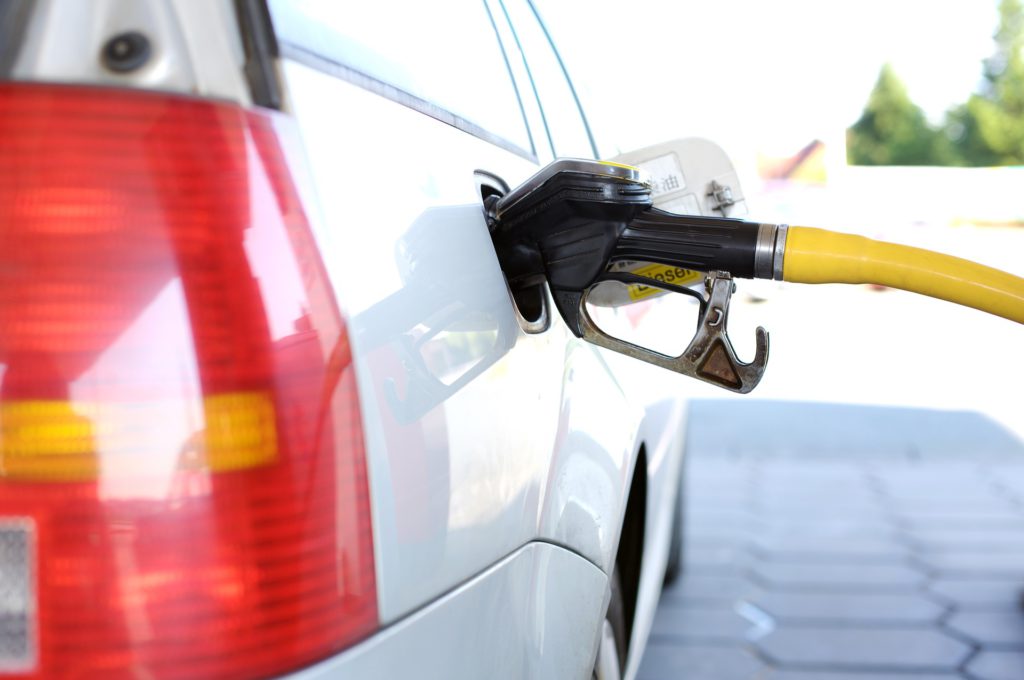Diesel is still important for German fleet market with no real alternative available
18 December 2017

18 December 2017
While diesel sales globally are plummeting, thanks to the Volkswagen (VW) emissions scandal and damaging media reports, the fleet industry is unlikely to abandon the technology.
This is according to Marc-Oliver Prinzing, chairman of the Federal Association of Fleet Management in Germany. He suggests that diesel is not easily replaceable, and will still play a big part in the market’s future.
The share of new diesel registrations in Germany, as in much of Europe, is falling drastically. In November, sales were down by 17% compared to the same month in 2016, with a market share in the month of 34%. With recalls in place for older diesels, and scrappage schemes for those even older models, plus the threat of bans in Cologne, Munich and Stuttgart, the market for the fuel is struggling as a result.
The share of private buyers in new diesel registrations is significantly lower than that of commercial customers. In October, 43% of all new diesels were newly registered by companies. Therefore, it is the fleet manager that vehicle manufacturers are targeting to help shore up the market.
Prinzing also pointed out that for commercial customers, diesel is one of the most economical engines, with better fuel economy. Also, for companies looking to reduce their carbon footprints, the technology produces less CO2 than its petrol counterpart, while the latest Euro 6 engines are not as polluting as is being portrayed in the media.
By contrast, the use of electric vehicles in commercial fleets is still in its infancy. ′Many companies are currently trying to be a pacemaker, but electric vehicles are not yet an issue in classic fleets, especially in field sales,’ he told the German Press Agency. ′The problem is, among other things, the range, but also the question of where a sales representative can charge his car when he is travelling,’ he added.
The issue of moving drivers from diesel to electric vehicles was recently discussed by VW chief Matthias MÜller. He suggested that the German subsidy for diesel technology would be better spent on directing people to electric vehicles. ′If the transition to environmentally friendly electric cars is to succeed, the diesel internal combustion engine cannot be subsidised like before,’ he told the newspaper, referring to the lower taxes drivers pay for diesel fuel compared with petrol. ′The money could be more meaningfully invested in the promotion of environmentally friendly drive technologies.’
However, since the comments were made, the German government has rejected the idea. Speaking to Reuters, spokesman Steffen Seibert said: ′The federal government currently has no plans to change the diesel taxation.’
The technology also has the backing of vehicle manufacturers. In July, Daimler CEO Dieter Zetsche suggested that the technology was ′worth fighting for.’